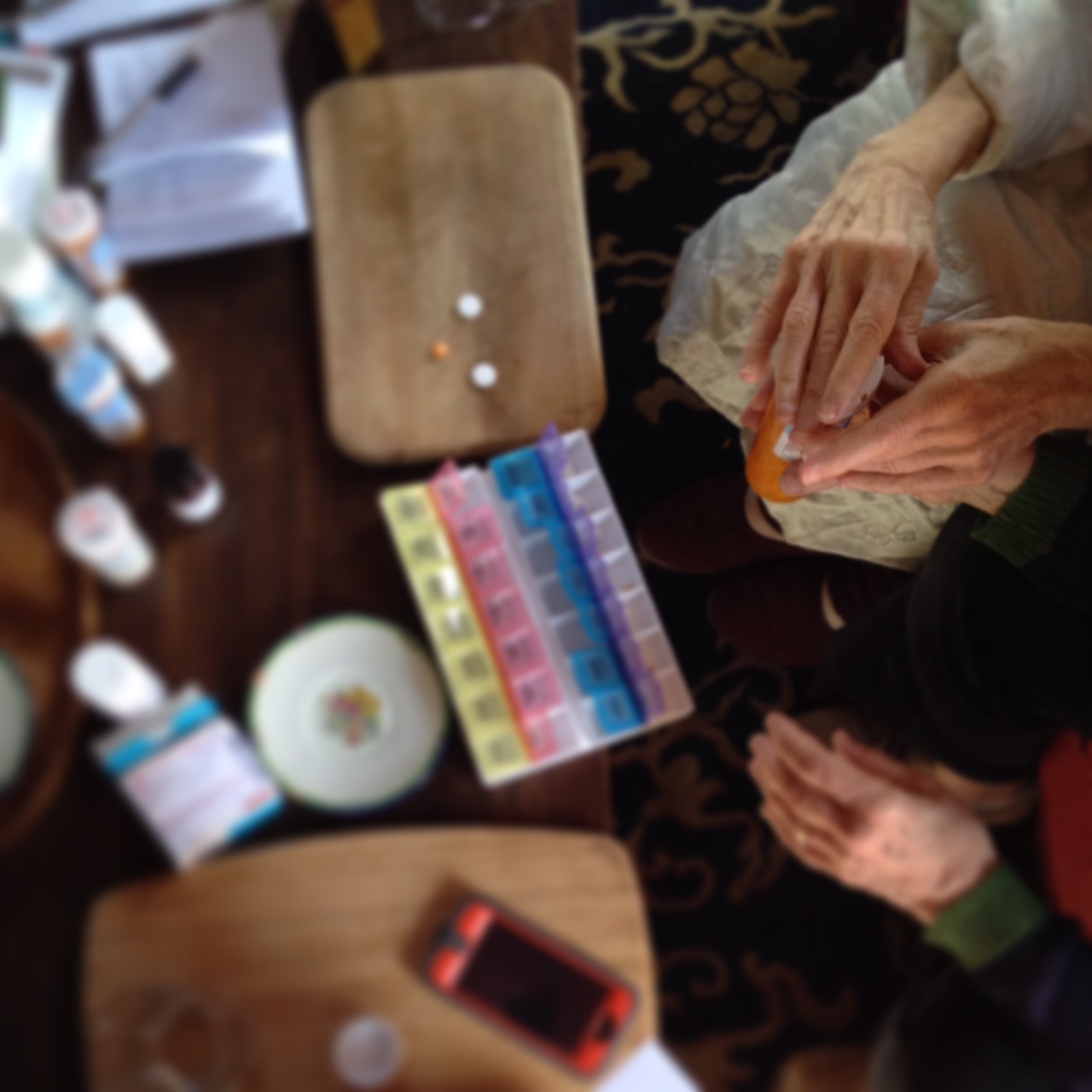
(Yes, it’s the third post in 5 days from me, but when you’ve got cool stuff to share, why wait?)
Matthew Zachary‘s podcast, Out of Patients, is one of my favorites because he brings his whole self to health care discussions, as you’ll hear in our conversation. It was a pleasure to unpack my latest thinking about peer-to-peer health care with one of its pioneers. Find it on your podcast app or listen here:
My footnotes, in case you want to learn more about the people, orgs, and issues we mention:
Stupid Cancer – the world’s largest young adult cancer community and home of MZ’s first podcast, Stupid Cancer Now.
Pew Research Center’s Internet Project, where I directed the health portfolio for 14 years.
Health 2.0 – MZ and I met at the Spring Fling 2008 conference in San Diego. He was interviewed on stage by Amy Tenderich of DiabetesMine and I delivered my keynote/homage to Michael Pollan. I couldn’t find a pic of us together but here’s our 2009 podcast.
Tom Ferguson, MD – one of the biggest lucky breaks in my career was getting to work with “DocTom.” He showed me the untapped reservoir of knowledge that exists in online networks of patients and caregivers.
Institute for Healthcare Improvement uses “improvement science to advance and sustain better outcomes in health and health care.”
Learning networks are examples of peer-to-peer connections among clinicians, researchers, patients, and families. Atul Gawande’s New Yorker article, “The Health-Care Bell Curve” captures the story of the cystic fibrosis learning network (as of 2004).
MZ mentions life hacks as a way to describe the work-arounds, useful products, and shortcuts that people hope to find when they get a new diagnosis. This, in essence, is why I care as much about the hardware of health care (medical and assistive devices) as I do about the software (data, apps, etc.)
I describe the stages of peer-to-peer health care in this Harvard Business Review article: How Chronic-Disease Patients Are Innovating Together Online.
“Knowing laughter” happens when you connect with someone else who shares your health condition or physical challenge, which is a concept I learned from Brené Brown:
“Laughter is the evidence that the chokehold of shame has been loosened. Knowing laughter is the moment we feel proof that our shame has been transformed. Like empathy, it strips shame to the bone, robs it of its power and forces it from the closet.”
Brené Brown, I Thought It Was Just Me: Women Reclaiming Power and Courage in a Culture of Shame
People not taking their medications or completing their treatments on time, correctly, or at all costs the health care system millions of dollars and, even more importantly, prevents people from attaining the well-being they deserve. Scolding patients doesn’t get the job done. Peer support does (see: PatientsLikeMe studies, including this one; InquisitHealth; and many more.)
PillPack – a medication adherence innovation I love so much I used to keep a prototype on my desk at HHS (when they were still a start-up).
If the podcast inspires further questions, let me know! Comments are open.
Image: Two of my relatives sorting pills for the day ahead.
I could fill buckets with comments but time is short. One addition: as part of creating the Doc Tom Awards (which you got, by surprise), SPM created a /DocTom page, which does a pretty good job of summarizing his impact.
It’ll be interesting to compare that Brene Brown piece to my own slow insights in doing “the work” of racial self-awareness. As you know, I’ve long felt that the same (sometimes unwitting) power dynamics apply to all sorts of things: race, gender, and even the patient-physician class war. (I’ve always said that MedX was disingenuous when it change #PatientsIncluded to #EveryoneIncluded, for exactly the same reason well-meaning whites were missing the point when they changed #BlackLivesMatter to #AllLivesMatter.)